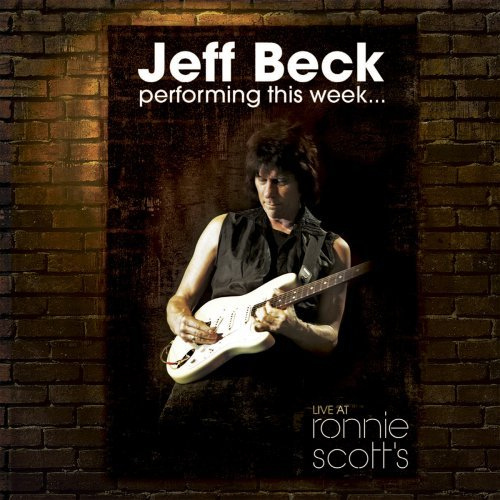The Who, one of rock and roll’s most legendary bands, experienced a seismic shift in their identity and sound following the death of their wildly charismatic drummer, Keith Moon, in 1978. Moon’s unique style was a cornerstone of the band’s early success, and his absence left a void that has proven impossible to fill. The subsequent era with Kenny Jones and Warner Brothers, barring notable exceptions like “Eminence Front” and “Another Tricky Day,” largely failed to capture the earlier magic of the band.
The Inimitable Talent of Keith Moon and John Entwistle
Keith Moon’s death marked the end of an era for many fans. His drumming was not just a part of The Who’s music; it was a vital, irrepressible force. The period that followed, featuring Kenny Jones, saw the band’s output becoming somewhat forgettable, with only a few tracks standing out. This shift underscores Moon’s irreplaceable role in the band’s unique sound.
Similarly, John Entwistle, known for his wild bass playing, left an indelible mark on rock music. His passing in 2002 was another blow to the band, further emphasizing the irreplaceable nature of The Who’s original lineup. Entwistle’s style, characterized by a sense of abandonment, set a standard that remains unmatched.
Pete Townshend: The Driving Force
Pete Townshend, known for his articulate insights and iconic windmill guitar playing, has continued to be the driving force behind The Who, albeit with some inconsistency. His battle with severe tinnitus led to a temporary switch to acoustic guitar, but he eventually returned to his electric roots. Townshend has orchestrated several farewell tours, each one a testament to his enduring commitment to The Who’s legacy.
The Who’s Unmatched Musical Prowess
In their heyday, The Who was a force to be reckoned with, surpassing other legendary bands in sheer potency. Their live performances, particularly “My Generation” from “Live at Leeds,” showcased a level of group interplay, dynamics, and raw power that was unparalleled. The precision and unique genius of each member set them apart from their contemporaries.
The Who’s Influence and Renaissance
The Who’s influence on rock music is undeniable. As Bono aptly put it, they created the model for many bands that followed. Their induction into the Rock and Roll Hall of Fame is a testament to their monumental impact on the genre.
Townshend’s songwriting and introspective lyrics have stood the test of time, finding new life in modern media such as “CSI,” “Tommy the Musical,” and the “Rock Band” video game. Albums like “Who’s Next” remain pillars of rock music.
The Who in the New Millennium
The Who’s more recent work, including the 2006 album “Endless Wire,” shows that they still have much to offer. Their live performances, now featuring Pino Palladino on bass and Zak Starkey on drums, have been well-received, demonstrating that the band still possesses considerable power and tightness as a unit. While this iteration of The Who differs from its original form, it continues to be an extraordinary live act with a rich catalog of iconic rock and roll music.
The Who’s Legacy and Future Performances
As The Who continues to tour and perform, fans eagerly anticipate their setlists. Classics like “Who Are You,” “Baba O’Riley,” “Pinball Wizard,” and “Won’t Get Fooled Again” are likely to feature prominently, much to the delight of audiences. These songs, especially when paired with Townshend’s signature windmill guitar playing, capture the essence of The Who’s enduring appeal.
In conclusion, The Who’s journey through the rock and roll landscape has been marked by incredible highs, poignant losses, and a resilience that continues to inspire. Their legacy, cemented by their groundbreaking music and unforgettable performances, remains a cornerstone of rock history. As they prepare for their upcoming Super Bowl performance on CBS Sunday, fans old and new alike can look forward to experiencing the enduring power of one of rock’s most iconic bands.





